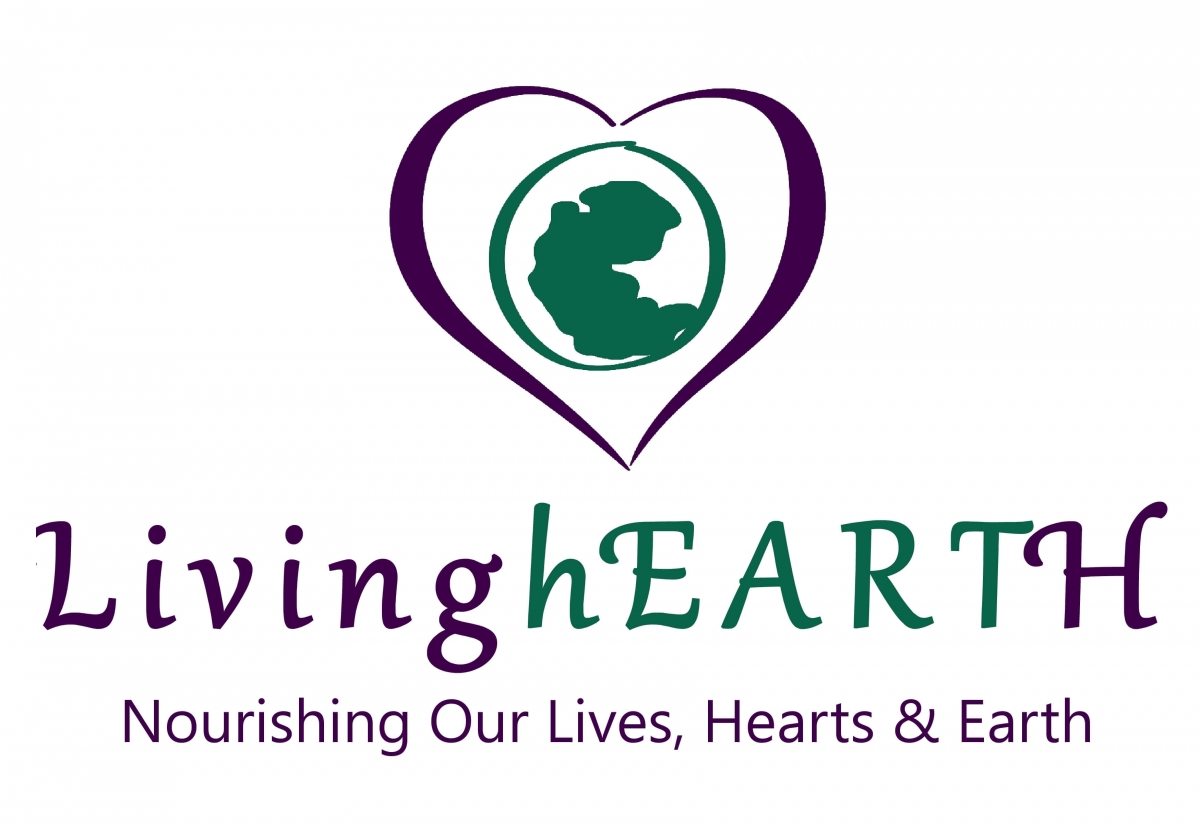Permaculture - the ethics, principles and design process - is based on living systems. Permaculture draws upon both traditional and scientific knowledge. It can be applied to physical systems (eg. farms, gardens, cities) and to social systems (eg. organisational flows, business models, school curricula) anywhere. These courses focus on permaculture as DESIGN, which can be broadly applied to land-based, urban, social or economic systems.
The 84-hour Permaculture Design Course (PDC) consists of both the Introduction Module and the Main Module. The Main Module is 45 hours in class (taught over 3 weekends), plus 22 hours of assigned group and independent work.
In order to receive the certificate of completion for the PDC, full attendance for ALL class hours is required, in addition to completion of all independent and group work hours by the end of the class.
The Introduction Module can be taken on any of these weekends:
April 27 and 28 – Colborne, ON
May 25 and 26 – Perth, ON
September 14 and 15 - Perth, ON
September 20 to 22 - Kingston, ON
September 28 and 29 – Ottawa, ON
Main Module – In-Class Component (3 weekends, 45 hours)
The Main Module is made up of 3 weekends in Ottawa:
October 5 and 6
AND October 19 and 20
AND November 9 and 10
The Main Module goes into more depth with soil, water, microclimates, earthworks, tropical, arid and cold climates, housing design, alternative economics and more. The Introduction Module is a pre-requisite for the Main Module.
Course Topics:
- Design process review
- Principles and patterns review
- Soil fertility, basics of soil biology and chemistry
- texture, structure, humus, soil life, methods of building soil
- Composting
- compost methods, carbon to nitrogen ratios, troubleshooting
- Eco-sanitation
- humanure composting, 2-chambered composting toilets, arborloos, pee-pee ponics
- Animals
- small animals for backyards and forest gardens, needs and products
- Aquaculture
- water as more productive than land, solar ponds, chinampas, aquaponics
- Mapping
- basic tools, triangulation/trilateration, baseline/extension with offsets
- Creating microclimates, season extension
- using protective structures, cold-hardy annual veggies
- Water, duties of water, slowing down water, dams
- types of dams, building a dam, diversion drains, swales
Earthworks, landscape, slope, keyline, drainage
- A-frame, bunyips, keyline plowing, earth-moving equipment
- Design for catastrophe, windbreaks, fire-breaks
- earthquakes, typhoons, tsunamis
- Humid tropics, drylands/arid climates
- strategies for settlements, gardens and other land-use; agroforestry
- soil conditions and challenges in certain climates
- Humid cool and cold climates; houses, passive solar, heat transfer
- siting, orientation, aspect, layout
- sun angle, window coverings, trombe walls, thermal siphons, natural air conditioner
- Alternative economics
- money as debt, gift economies, local currencies, time banks
- Transition, eco-villages
- intentional communities, facilitation and Nonviolent Communication
- Design presentations
- Where to go from here, next steps and resources
About 1 to 3 hours is spent on each of the main course topics above.
Main Module - Independent and Group Component (22 hours)
- Design Projects
- Student teams will create permaculture designs, encompassing physical spaces (eg. gardens, green space and buildings) as well as organisational or social structures (eg. programs, groups and communications).
- The design projects are a key component of the PDC. Presentations will be given by the design teams to the class and the “client”.
- Previous design projects have included: the Community Urban Food Forest at the Just Food site, the Andrew Fleck Child Care Services schoolgrounds, the RightBike headquarters, and a communications plan for Transition Ottawa.
- Independent Assignment Topics:
- Observation
- Retrofitting for energy efficiency
- Mapping
- Going deeper on a course topic
- Students will also have the choice of a class field trip or an independent video assignment on keyline design.
Please Note: If a student completed the Introduction Module in 2011 or 2012, and they wish to take the Main Module, they will be required to complete an additional 1-hour module on “the role of trees and forests.” This module is free of charge and has been added, because the Introduction Module in 2013 now includes this topic.
What sets our PDC apart from other PDC’s?
• We emphasise the use of permaculture principles and the design process, making these tools widely applicable to gardens, farms, urban settings, businesses and organisations.
• We emphasise design exercises and the team design projects as key parts of the course. The design projects are for real clients and have real potential to be implemented.
• Bonita and Sébastien specialise in applying the permaculture design process to social, personal and urban settings (eg. organisations, businesses, personal lifestyles, urban and suburban food gardens, etc.). Douglas specialises in large-scale, land-based permaculture design, earthworks, building design, and is knowledgeable about permaculture in tropical, arid and temperate climates.
• Together, our teaching team brings over 28 years of permaculture experience.
• Collectively, we have worked on permaculture sites and projects in: Eastern North America, Western North America, Australia, Japan, France, India and Haiti.
To register, contact: info@eonpermaculture.ca
Please note that meals and accommodations are NOT included in the course.


Add new comment